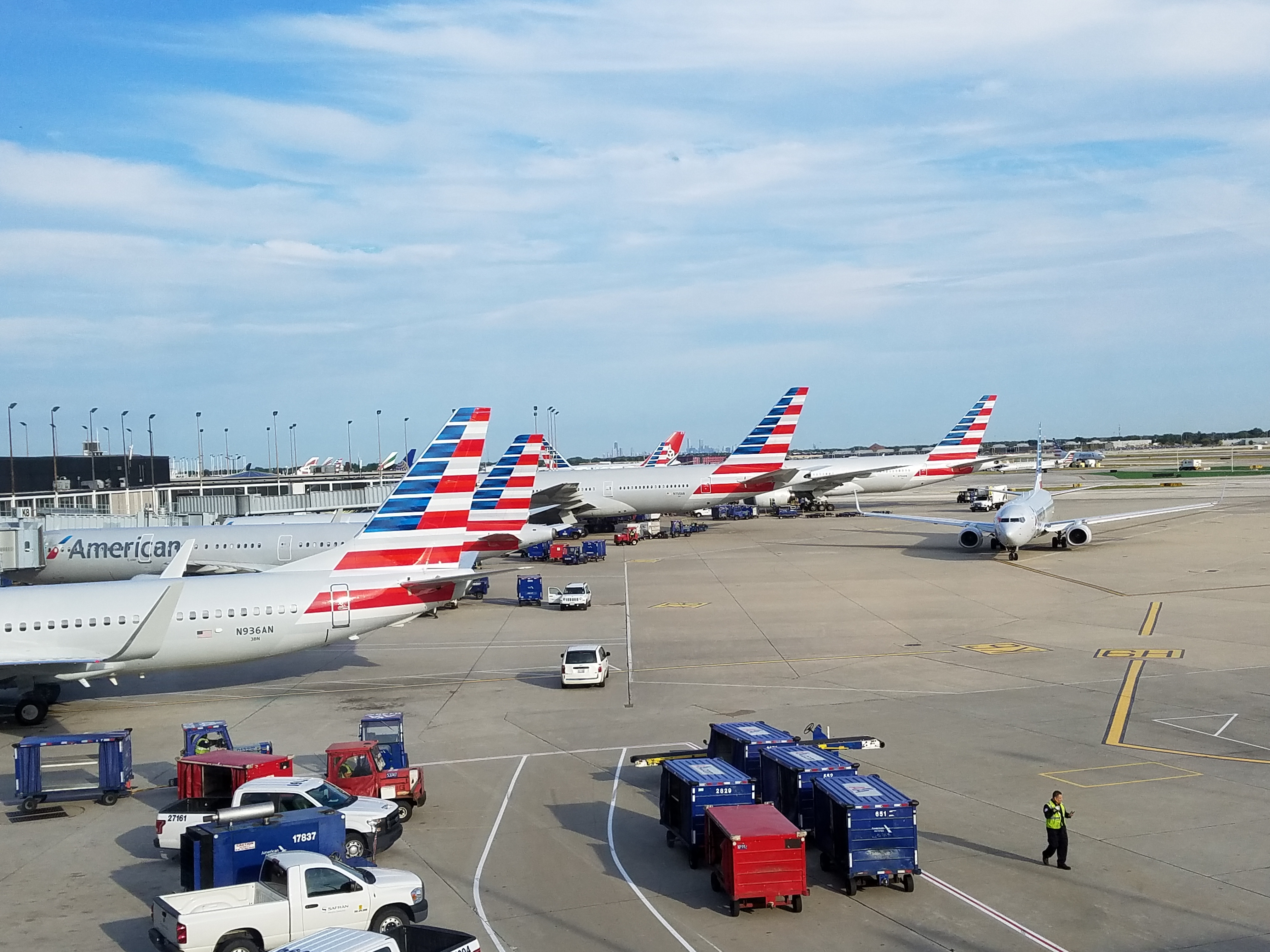Ashley Spencer was flying American Airlines from Philadelphia to Cleveland over the weekend where she would receive treatment at the Cleveland Clinic. But she went into anaphylactic shock on the flight.
She was on her way to a clinical trial for eosinophilic granulomatosis with polyangiitis which is an autoimmune disease which inflames blood vessels.
Spencer reports she stopped breathing, she “still had a pulse. That’s when the stewardess said, ‘Is there any medical professionals on the aircraft? It’s an emergency.'”
28-year-old Ashley Spencer boarded a plane in Philadelphia on Saturday on her way to the @ClevelandClinic not knowing she would have a severe allergic reaction. What she also didn't know was that there was a Cle Clinic doctor on that same flight who would help save her life. pic.twitter.com/FQiR18Ia90
— Meg Shaw (@MegDShaw) May 7, 2018
One of the passengers onboard happened to be a doctor at that clinic. He and another doctor from North Carolina responded. She received four epipen injections. The aircraft diverted to Pittsburgh.
Dr. Erich Kiehl 👇🏼, and another doctor from Duke, jumped into action. Injecting her with an Epi-Pen while monitoring her vitals until crews could land the plane in Pittsburgh. She was rushed to the hospital. She's feeling better now – but says the 2 men are her guardian angels. pic.twitter.com/Sa0fd3q0fC
— Meg Shaw (@MegDShaw) May 7, 2018
The passenger reports that “she has a severe peanut allergy” though she thought her reaction was to “a bag of chips she ate before the plane took off.”
What's ironic – she was on the plane heading to #Cleveland for an appointment at the Clinic. She's searching for answers for her extremely rare auto immune disease, #EGPA. She wants to see if there are any trials or clinicals she can participate in so she can finally quit chemo. pic.twitter.com/GfvWd6Tmih
— Meg Shaw (@MegDShaw) May 7, 2018
A year ago I wrote about the doctor who winds up helping with a medical emergency every time he flies American. He’s got the thank you travel vouchers to prove it, too.

The first female flight attendant was Ellen Church, hired at United in 1930. She was a registered nurse, and for half a dozen years this became a requirement — something that lasted at US airlines in some part until World War II. Aircraft weren’t the same smooth rides back then that they are (most of the time) today. Now we have to luck into a doctor on board.
Lufthansa has a formal ‘Doctor on Board’ program where doctors sign up and receive 5000 miles, pre-identify themselves, and arrange liability waiver in advance. Pre-registration is one way to solve Delta’s doctor problem. Lufthansa reports about 3000 onboard medical emergencies each year and over 50 diversions.


“Is there any medical professionals on the aircraft?” Now that the passenger is safe, the flight attendant should take a moment to learn some grammar.
The term “stewardess” might be a little dated.